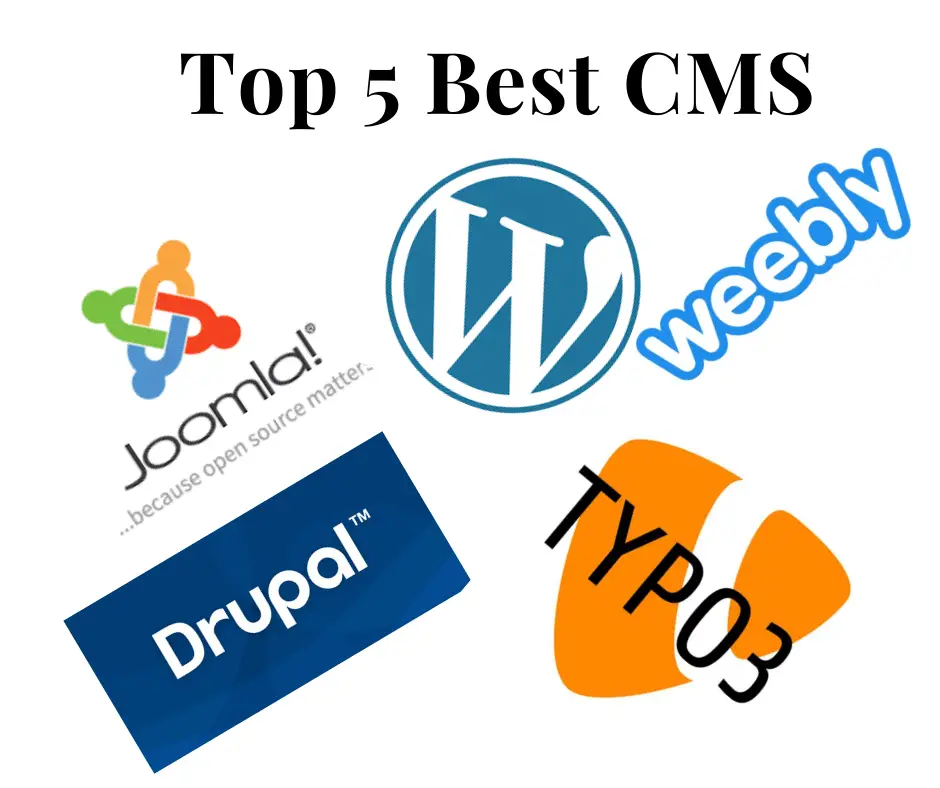Why MVP for startups is important and its Advantages?
You must think that innovation is the only way to success as a company entrepreneur, and the first step to producing a really original, the breakthrough product is to build an MVP. Further know, why is an MVP for startups important with some advantages of it. Frustration with a lack of productivity, poor performance, or having your product regularly outperformed by a competitor is the most common catalyst for new inventions. For startups, constant reinvention helps them find their sweet spot and keep irritation at a minimum.
It is also important for innovators to keep in mind that almost 70% of new businesses fail during the first year of operation. According to CBInsights, these failures can be attributed to a variety of factors, including:
- There isn’t any demand for this product in the market which is around 42%
- It’s underfunded by 29%.
- An 18% overcharge was the result of an error in pricing.
- 17% of respondents did not have a business model.
- 14% of customers had their demands ignored.
- 9% of those surveyed were lacking in enthusiasm.
- 8% of people polled reported feeling exhausted or burned out.
Also Read: Why a Business Analyst Should Lead Your Digital Transformation
Why is an MVP for startups is important?
MVP in business stands for Minimum Viable Product. It is possible to achieve product excellence and lower the risk of failure by using an MVP for startups. As the name suggests, an MVP is designed to address a specific issue in the simplest way without the extraneous features of a full-fledged product. If you’re a company and you want to understand more about your customers’ preferences, this is a great way to do it!
MVPs help your business become noticed immediately, providing you with an advantage over your competitors in specialised regions. Being in the field is preferable to spending many hours in the lab refining your product. In the past, many entrepreneurs employed the MVP strategy to evaluate the market before launching their final product. There were many variations before companies like Airbnb, Groupon, Amazon or Dropbox became what they are today. What do you think? Here are a few well-known MVPs and what they looked like in their infancy.
Dropbox launched with a film that explained its idea to the general public. With only a simple WordPress landing page, Groupon was launched in 2010. A little online page selling books at a cheaper price than the competitors and a simple ad-like page were the beginnings of both Amazon and Airbnb. There were several stages in the development of these enterprises.
An MVP can provide several benefits, but what are they?
For startups, MVPs provide several advantages that traditional product development does not. In order to get a leg up on the competition, entrepreneurs may use MVPs to acquire a better knowledge of their customers’ behaviour and make improvements to their ideas without having to fork out money. If you’re a startup, you should definitely consider using an MVP. Here are the top five reasons why:
1) You beat the competition to the market
Developing an MVP may be done in a short period of time, allowing you to swiftly launch your product and get an advantage over your competitors. It is also possible to use MVPs to test the market potential of a concept before moving forward with the development of a full-fledged product. Your consumers will benefit from this since it allows you to iterate and improve your product.
2) It’s simple to do market validation
The purpose of MVPs is to study and understand the market acceptability of your product with real consumers. You have the opportunity to get the word out about your product and build a following of prospective customers even before it is released.
3) Development that is based on client feedback
Entrepreneurs prefer MVPs because they allow for quick iteration. These modifications are made immediately when clients give their feedback, allowing you to build a product that they will adore.
4) Once you get it right, don’t stop trying
Most people fail the first time they try. Your potential consumers’ expectations may be readily met with the aid of MVPs, which allow you to iterate, pivot, and construct an iterative learning-driven solution. Airbnb is still around, isn’t it? They had to go through several iterations until they got it perfect.
5) Create things that don’t cost a fortune.
MVPs allow you to produce outstanding products without having to spend tens of thousands (or even millions) of dollars on development and marketing. You may easily make numerous versions of your MVP until you can eventually build the items your clients require since the entry cost is inexpensive.
Conclusion
However, I decided to go with it since it sounded corny. If you want to get early adopters and test out a new idea, you need to have a “minimum viable product” (MVP). This product has previously through proof-of-concept testing, a prototype stage, and a manufacturing stage before becoming a finished good. You have your first MVP when you have a product that people are willing to pay for.




